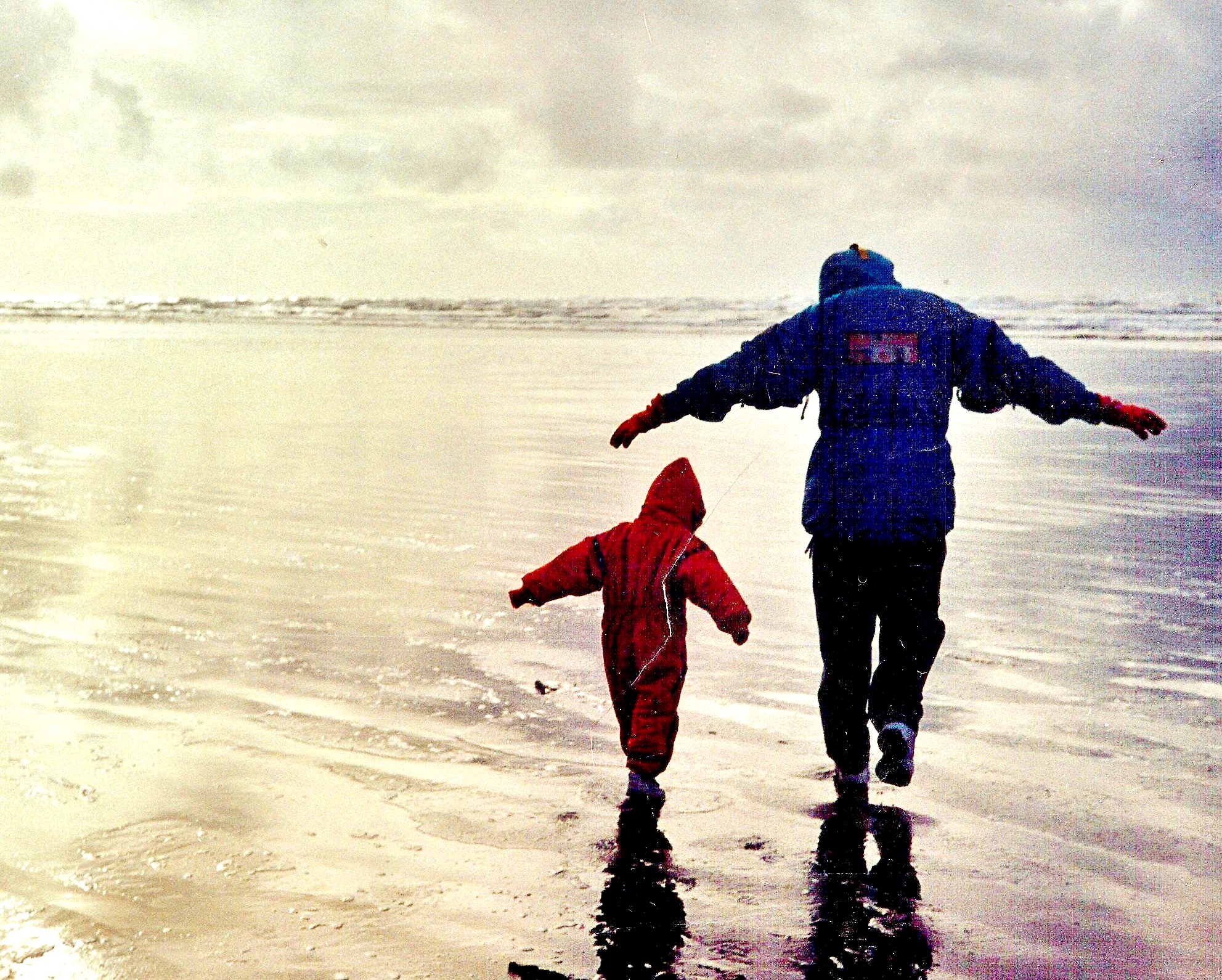In our age where people seemed to have lost their sense of right and wrong, how do we teach our children good moral character? It is imperative for us parents to make sure that our children are grounded so that they navigate life with a clear set of values and ideals, otherwise, we cannot hope for a future that is truly meaningful for them.

I believe you will agree with me if we make the Bible verse “Do unto others as you would have them do to you (Luke 6:31)” as our standard for a moral life. And for our children to live by this moral code, they need to imbibe the abilities to feel other’s feelings, to think twice before doing anything, and judge how their actions will affect themselves and others.
But how do we begin? Learning moral values starts at home. Its seeds are planted in the quality of attachment a child has with his parents or caregiver and sprout into care, respect, and fairness, as he grows. A parent who is responsive to the needs of the child will send the unmistaken message that “you have worth and value.” The sensitivity of the parents to the child’s needs will in turn saturate his young mind and develop in him a sense of trust and the same sensitivity towards others.
Being cared and valued, a child will feel good about himself and develops his wellbeing. Constantly exposed to this pattern of caring, this becomes eventually his code and believes that it is the right thing to do. And so, this becomes the bedrock for caring and feeling for others.
With sensitivity for others comes a healthy sense of wrongness and guilt. It now becomes easy for the child to identify with others and how they feel and spot anything that is not in line with his internalized moral code. Because others, primarily his parents, have done right to him, he will also seek to do right with others. Anything that is not will disturb his wellbeing and he will do everything to restore this through proper rectification of his behavior.

Around preschool, the child is now ready for more grounding by teaching him the do’s and don’ts of behavior. At this stage, what a child considers right or wrong are the things that Mommy and Daddy say are right and wrong. Parents are like gods. They are infallible. But because he has experienced care and sensitivity from them, he readily trusts and obeys because it makes him feel good.
Hence, a sensitive parent makes this an opportunity to instill more values into the child. Parents must see to it that they find situations everyday wherein they could model and teach values. For instance, whenever one of my sons is hurt, I invite the other son to help me soothe him. Or when one son takes the other’s toy, I tell him to look at how frustrating it is for his brother, or ask him how he would feel if it was done to him.
If at preschool the child sees right and wrong through the parents’ eyes, the child now begins to internalize these values at around 5 or 6 years old. Your values become her values. Hence, your virtues, right or not, become hers. Hence, we need to be careful.

It is very important for parents to be role models to their children. It is said that we should not worry too much that our children do not listen to us, we should worry instead that they are always looking at us. Indeed, as they grow, they look for role models to imitate. Because they have impressionable minds, the behaviors they see around them become etched in their subconscious and guide their behaviors.
By around 7-10 years old, the child will now start to engage in moral reasoning. He does things because they are the right things to do. If he has been constantly immersed in values such as sensitivity to others, politeness, respect, etc., then these become his “right things” or his normal. Because his parents take these virtues seriously, he would also take them seriously.
In the presence of other children who have come from uncaring and insensitive homes, the morally-grounded child shines. Because his values are intricately part of him, the alternatives do not appeal that much because it upsets him and disturbs his wellbeing. And so therefore, he only imbibes those values which strengthen his internalized values and discard those that do not to preserve his wholeness and internalized pattern.
With this, he tends to attract friends with the same inner radar. But even then, we parents must know who our children’s friends are because they are very influential in forming their sense of values particularly during late childhood and adolescence. We need to know what they do and especially what they watch.
In the advent of technology, there is every opportunity to be influenced may it be through the internet, mobile phone, or tv. We know of children shooting others to death, not because they intend to, but because they saw it done on tv and they just reenacted it. In viewing movies or programs where there are elements of violence and sex for instance, we should sit down with our children and engage them in moral reasoning, asking them if what these actors and actresses do are right or wrong.

Our child’s moral exposure needs to continue not only with friends but also in school. It is important to choose a school where good moral values are upheld and preserved. By so doing, we provide our children every opportunity to grow with empathy, care for others, respect, and integrity, and become productive citizens in our society.
